At its core, goal setting is the intentional act of defining what we want to achieve and devising a plan to get there. It transforms abstract dreams into concrete targets, providing a roadmap that navigates through the complexities of life. Whether in the realm of personal development, career advancement, or health and wellness, purposeful goals give direction to our efforts and infuse our actions with meaning.
- Clarity of Vision: Setting goals forces us to articulate our desires with clarity. The process of defining specific, measurable, achievable, relevant, and time-bound (SMART) goals hones our focus. It serves as a compass, guiding us through the myriad choices and distractions that can derail progress.
- Motivation and Persistence: Goals serve as powerful motivators, igniting the flame of determination within us. When we have a clear target, the journey becomes more compelling. The pursuit of a well-defined goal provides the fuel needed to overcome obstacles, persist through challenges, and stay committed even when the path seems arduous.
- Measurable Progress: Goal setting enables us to track our progress in tangible ways. By breaking down larger objectives into smaller, manageable steps, we create milestones that allow us to celebrate achievements along the way. These small victories not only mark progress but also reinforce our commitment to the ultimate goal.
The Anatomy of Effective Goal Setting:
To harness the full potential of goal setting, it’s essential to understand the key principles that underpin this transformative process.
- Specificity: Goals must be specific and well-defined. Vague aspirations are like ships without a destination; specificity provides the coordinates for our journey. Instead of a goal like “lose weight,” a specific goal would be “lose 10 pounds in three months.”
- Measurability: A measurable goal allows for concrete evaluation of progress. It answers the question, “How will I know when I’ve achieved it?” If the goal is to enhance professional skills, setting a measurable target could involve completing a specific number of training modules or obtaining a certification.
- Achievability: Goals should be challenging yet attainable. Setting unrealistic objectives can lead to frustration and demotivation. Assessing one’s capabilities and resources ensures that the goals push boundaries without setting the stage for inevitable failure.
- Relevance: Goals must align with our broader values and aspirations. A relevant goal is one that contributes to our overall well-being and happiness. Understanding why a goal matters fuels sustained commitment.
- Time-Bound: The temporal dimension is crucial in goal setting. Establishing a timeframe adds urgency and creates a sense of accountability. It transforms vague intentions into actionable steps with deadlines. For instance, a goal to read ten books within a year provides a clear timeframe for accomplishment.
Personal Development Goals:
- Learn a New Skill: Personal development thrives on continuous learning. Whether it’s acquiring a new language, honing coding skills, or mastering a musical instrument, the pursuit of knowledge enhances cognitive abilities and broadens horizons.
- Cultivate Healthy Habits: Health and well-being are foundational to a fulfilling life. Goals related to regular exercise, balanced nutrition, and sufficient sleep contribute not only to physical health but also to mental and emotional well-being.
- Embrace Mindfulness: Incorporating mindfulness practices, such as meditation or journaling, fosters self-awareness and emotional resilience. Setting goals to integrate these practices into daily life enhances overall mental well-being.
Professional Development Goals:
- Advance Career Skills: In a dynamic professional landscape, staying relevant is paramount. Goals to enhance specific skills, attend relevant workshops, or obtain certifications contribute to professional growth.
- Leadership Development: For those aspiring to leadership roles, setting goals to develop leadership qualities, such as effective communication, decision-making, and team collaboration, can pave the way for career advancement.
- Networking and Relationship Building: Goals related to expanding professional networks, attending industry events, and fostering meaningful connections contribute to career development. Building a robust professional network opens doors to opportunities and collaborations.
Financial Goals:
- Budgeting and Saving: Financial stability often begins with effective budgeting and saving. Setting goals to create and adhere to a budget, as well as establishing a savings plan, lays the foundation for financial well-being.
- Investing for the Future: Beyond saving, goals related to investment strategies and wealth accumulation contribute to long-term financial security. Setting specific targets for investment portfolios aligns financial efforts with future aspirations.
- Debt Reduction: For those grappling with debts, setting goals for debt reduction and financial freedom can be transformative. Establishing a realistic plan to pay off debts contributes to overall financial health.
Health and Wellness Goals:
- Regular Exercise Routine: Physical health is a cornerstone of overall well-being. Establishing a goal for a regular exercise routine, whether it’s through gym workouts, outdoor activities, or fitness classes, contributes to a healthy lifestyle.
- Balanced Nutrition: Setting goals related to nutrition involves adopting a well-balanced and nourishing diet. Goals can include meal planning, increasing water intake, and reducing the consumption of processed foods.
- Mental and Emotional Well-Being: Prioritizing mental and emotional health is crucial. Goals related to stress management, seeking therapy if needed, and fostering positive relationships contribute to overall well-being.
Conclusion:
Goal setting is a transformative process that empowers individuals to turn aspirations into reality. Whether striving for personal growth, career advancement, financial stability, or health and wellness, the principles of effective goal setting provide a roadmap for success. By cultivating a clear vision, embracing specificity, and incorporating the key elements of SMART goals, individuals can navigate the complexities of life with purpose and intention.
As we embark on the journey of goal setting, let us remember that goals are not rigid constraints but flexible guides that adapt to the evolving nature of our lives. The pursuit of goals is not solely about reaching the destination but about the growth, learning, and resilience cultivated along the way. In the symphony of life, goal setting orchestrates the melody of purpose, transforming dreams into tangible achievements and creating a life that resonates with fulfillment and success.


